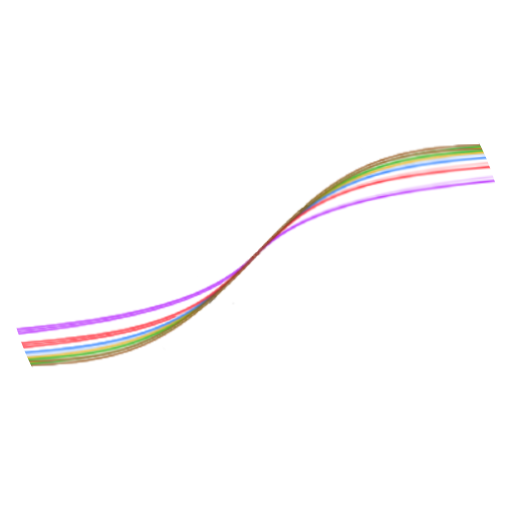

Interesting points, maybe a book I’ll have to give a read to. I’ve long thought that information overload on its own leads to a kind of subjective compression and that we’re seeing the consequences of this, plus late stage capitalism.
Basically, if we only know about 100 people and 10 events and 20 things, we have much more capacity to form nuanced opinions, like a vector with lots of values. We don’t just have an opinion about the person, our opinion toward them is the sum of opinions about what we know about them and how those relate to us.
Without enough information, you think in very concrete ways. You don’t build up much nuance, and you have clear, at least self-evident logic for your opinions that you can point at.
Hit a sweet spot, and you can form nuanced opinions based on varied experiences.
Hit too much, and now you have to compress the nuances to make room for more coarse comparisons. Now you aren’t looking at the many nuances and merits, you’re abstracting things. Necessary simulacrum.
I’ve wondered if this is where we’ve seen so much social regression, or at least being public about it. There are so many things to care about, to know, to attend to, that the only way to approach it is to apply a compression, and everyone’s worldview is their compression algorithm. What features does a person classify on?
I feel like we just aren’t equipped to handle the global information age yet, and we need specific ways of being to handle it. It really is a brand new thing for our species.
Do we need to see enough of the world to learn the nuances, then transition to tighter community focus? Do we need strong family ties early with lower outside influence, then melting pot? Are there times in our development when social bubbling is more ideal or more harmful than otherwise? I’m really curious.
Anecdotally, I feel like I benefitted a lot from tight-knit, largely anonymous online communities growing up. Learning from groups of people from all over the world of different ages and beliefs, engaging in shared hobbies and learning about different ways of life, but eventually the neurons aren’t as flexible for breadth and depth becomes the drive.




Can’t say I’m deep in this space, but I think there’s a lot of sentiment towards going more lean with operations and aiming for direct donation toward Firefox development (which I don’t believe is presently an option) which seemingly, if Mozilla narrowed to their core (Firefox, MDN), the community would likely show heavy support. I have my doubts it would fully cover the bill in a sustainable way, but I at least think that’s one of the main sentiments.